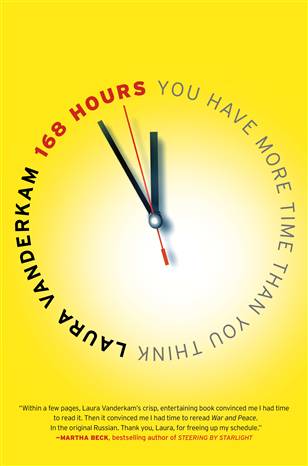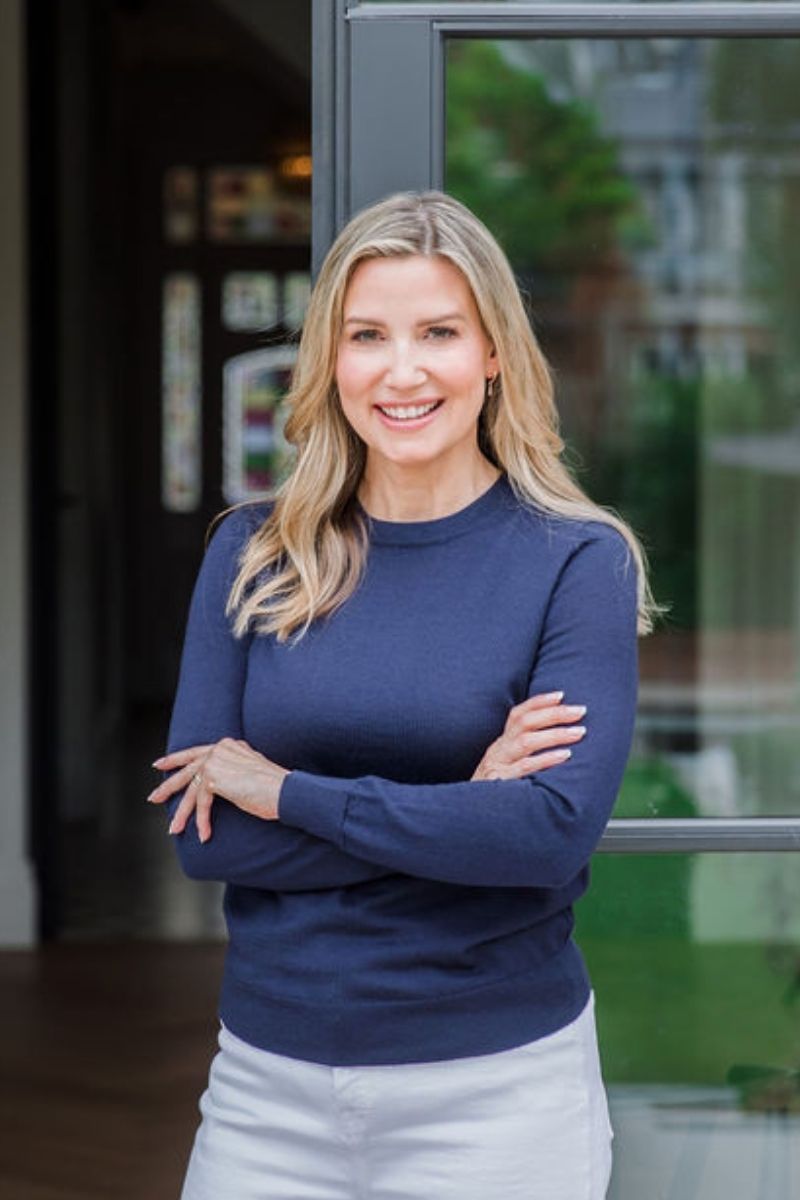 I just finished devouring a book called 168 Hours: You Have More Time Than You Think, by Laura Vanderkam.
I just finished devouring a book called 168 Hours: You Have More Time Than You Think, by Laura Vanderkam.
This is an incredible book, and one that just might change my life.
How many of us say “I have no time.”? We all say that, as far as I can tell. We all feel like we’re suffering a serious lack of time. Including me: especially since having kids, I’ve become very familiar with the agonizing frustration of time poverty. And I have assumed this is a cross I have to bear (until my children leave home, at least).
This book has given me a glimmer of hope. It has made me feel that in fact I do have enough time for everything that’s important to me. Which is nothing short of revolutionary.
Vanderkam develops her thesis like this: we all have 168 hours per week (24/7, multiplied through). Even those people who are CEOs of international companies and mothers of six. They have the same number of hours per week as we do: 168. And this is actually a lot of time. So where does it all go? That’s the kicker: it turns out we’re all notoriously bad at knowing exactly where our time goes. (And yes, there are detailed studies that document this fact).
To start you need to keep a 168 hour log. My first clue I needed this book was my gut reaction to this task: I so don’t have time to keep a time diary. But this is the only way you can really, truly see where all your time is going.
Then, it’s a matter of choosing what we do with the 168 hours we have given to us each week. And jigsawing it all together. Which is actually the tough part. But it can be done. Vanderkam places great importance on knowing our “core competencies” and prioritizing those activities. And ignoring, minimizing, or outsourcing all else. The best bit? This book is much more than an abstract, philosophic discussion: she presents tons of strategies for improving our time usage. There are loads of ways we can all become more efficient in the things we do.
Something else I liked: the idea of saying “that’s not a priority” instead of “I don’t have time for that” (the knee-jerk mantra we all repeat). Of course you would have time for any given activity, if you really had to fit it in. You’re just choosing not to. By flipping things like this, you regain control. And control is a good thing. Feeling out of control is a big source of stress for many people (I know it is for me).
Which leads me to the reason why I decided to write a post about this book on a healthy living blog. I think Vanderkam’s ideas could be a key component of any stress management program. Time pressure is a huge-ola source of stress for many people. Offering solutions to that pressure has the potential to ameliorate a lot of stress. And beyond, really, into helping people live a truly happy and full life.
Highly, highly recommended.






